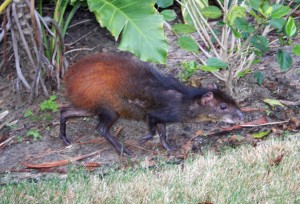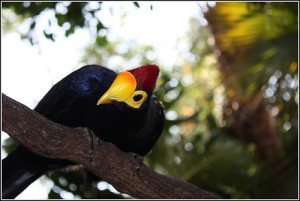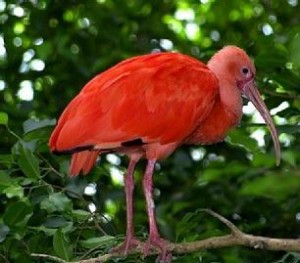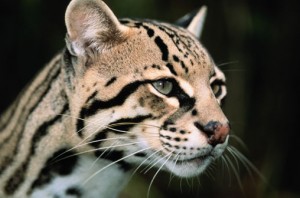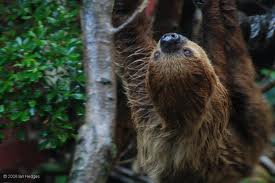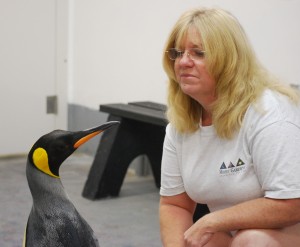It’s officially February and that means Valentine’s Day is just around the corner. If you are looking for a special way to spend Valentine’s Day weekend, look no further! Whether it’s a romantic dinner cruise, relaxing couple’s massage or a full-on wedding, Moody Gardens has some romantic and unique options that will make this Valentine’s Day truly memorable.
First on the list is the absolutely amazing Valentine’s Retreat package offered by the Moody Gardens Hotel. This package includes a spectacular guest room for two for one night, champagne and chocolate covered strawberries, a long-stem red rose, breakfast for two in room or at the Terrace Restaurant, late checkout and complimentary valet parking, and the unforgettable option of celebrating your love with a wedding ceremony!

As part of the exclusive Valentine’s Retreat package, couples can celebrate their love for one another by exchanging or renewing their vows on February 12. The complimentary ceremonies will be performed by an ordained minister and all couples exchanging vows can invite up to 50 guests to join them for a Grand Reception at 7 p.m. The Grand Reception will feature complimentary hors d’oeuvres, a giant wedding cake and a cash bar. Don’t miss out on this great opportunity to live your very own fairy-tale!
The Valentine’s package is $249+tax per night and is available for February 11 & 12. All ceremonies will be performed by appointment on February 12 from 10 a.m. to 6 p.m. For more information or to book your Valentine’s Retreat, call 888-388-8484 or visit www.moodygardesnhotel.com.

Treat yourselves to a romantic four course dinner at Shearn’s, one of Galveston’s finest restaurants, located on the ninth floor of the Moody Gardens Hotel. To start off, the special Valentine’s Day menu will include the option of Grilled Diver Scallops or Pan Seared Quail and soup or salad. Entrée options include Prime Filet Mignon, Dry Mushroom Coated Red Snapper Fillet or Petit Prime Filets Mignon. Lastly, enjoy a decadent duet of Chocolate Cream Tart and White Chocolate-Raspberry Bread Pudding for dessert. Come savor this delicious meal with your loved one on February 12th and 14th. Prices are $80 per person. Click here for a more detailed menu or call 409-741-8484 for reservations.

The Spa at Moody Gardens can add romance and relaxation to your intimate Island getaway with indulgent Valentine’s specials. Relax with a Champagne & Roses Pedicure that includes an effervescent champagne foot soak with organic rose petals while enjoying complimentary champagne and gourmet chocolate truffles for only $55.00. You can also enjoy a delicious Chocolate Dipped Strawberry Massage that begins with a sensual 50-minute warm chocolate back treatment and soothing strawberry oil scalp massage. Chocolate truffles and champagne complete this sweet treat. To rekindle the romance, enjoy this divine service for two in our romantic private couples’ suite. This massage package is priced at $150 for individuals and $275 for couples. For additional details or spa appointments, call 409-683-4440.

You can sail away on the romantic Colonel Paddlewheel Boat Dinner Cruise. This 1800-style Paddlewheeler provides the perfect setting for a romantic night with your valentine. Dance the night away and have a delicious dinner buffet while enjoying the beautiful views of Offatts Bayou. Dinner cruise is on February 12 and will include dinner buffet and cash bar. Boarding will be from 7 p.m.-8 p.m. Please make your reservations by Wednesday before the scheduled dinner cruise at 1-800-582-4673 extension 4419. Cost is $65.00 per person.
Click here for more information about the Valentine’s Retreat Package, Shearn’s Valentine’s Day Menu and Spa Valentine’s specials.
Click here for more information about the Colonel Paddlewheel Boat Dinner Cruise.
Don’t miss out on the chance to make this Valentine’s Day Weekend unforgettable!

